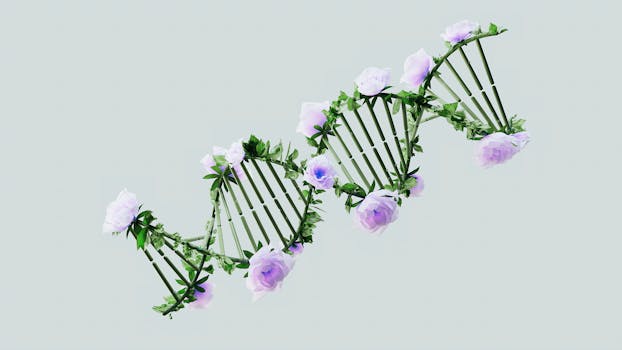
The Role of Genetics in Human Health and Disease
The role of genetics in human health and disease is a complex and multifaceted field of study. Genetics play a crucial role in determining our susceptibility to certain diseases and our overall health. Our genes provide the instructions for the development and function of our bodies, and any changes or mutations in these genes can have significant effects on our health.
How Genetics Affect Human Health

Genetics can affect human health in a variety of ways. For example, some genetic disorders are caused by a single mutation in a gene, while others are the result of multiple genetic and environmental factors. Genetic testing can be used to identify individuals who are at risk of developing certain diseases, allowing for early intervention and treatment.
Additionally, genetics can influence our response to certain medications and our risk of developing certain diseases. For example, some people may be more susceptible to certain diseases due to their genetic makeup, while others may be more resistant.
The Role of Genetics in Disease

Genetics play a significant role in the development and progression of many diseases. For example, genetic mutations can cause cancer, while other genetic factors can contribute to the development of heart disease and diabetes.
Furthermore, genetics can also influence our risk of developing certain neurological disorders, such as Alzheimer’s disease and Parkinson’s disease. Genetic research is ongoing to better understand the role of genetics in these diseases and to develop new treatments and therapies.
Genetic Counseling and Testing

Genetic counseling and testing can provide individuals with important information about their genetic health. Genetic counselors can help individuals understand their risk of developing certain diseases and provide guidance on how to reduce this risk.
Genetic testing can also be used to identify genetic disorders in newborns and to diagnose certain diseases in adults. Additionally, genetic testing can be used to identify individuals who are at risk of developing certain diseases, allowing for early intervention and treatment.
Conclusion

In conclusion, the role of genetics in human health and disease is a complex and multifaceted field of study. Genetics play a crucial role in determining our susceptibility to certain diseases and our overall health. By understanding the role of genetics in human health and disease, we can better develop new treatments and therapies for certain diseases and improve our overall health and wellbeing.



